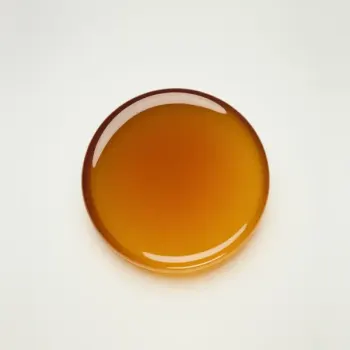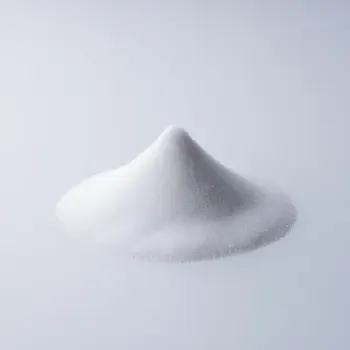Molasses and sugar are sweeteners used in cooking and baking. Molasses is a thick, dark syrup with a rich flavor and more nutrients, while sugar is a sweet crystalline substance with a straightforward sweetness. They differ in flavor, texture, and nutritional content.

Molasses is a thick, dark syrup that is a byproduct of sugar production. It's the result of boiling cane or beet sugar, creating a rich, complex flavor that ranges from sweet to slightly bitter, depending upon its concentration.

Sugar, often referred to as granulated sugar, is a sweet crystalline substance obtained from various plants, notably sugar cane and sugar beets, primarily composed of sucrose. It is widely used as a sweetener in food and beverages.
Molasses differs from sugar in its consistency, flavor profile, and nutritional content. While sugar provides a straightforward sweetness, molasses offers a robust, smoky flavor. Molasses also contains trace minerals and vitamins not present in granulated sugar.

Your ultimate Recipe Box, Meal Planner, and Cooking Class all in one
Best used in gingerbread, anadama bread, and spice cookies. Molasses imparts moisture, a rich brown color, and a deep, caramel-like flavor. When using it, expect softer, chewier textures and a distinct taste. Ideal for cakes, muffins, and meringues. Sugar provides sweetness and helps with the browning of baked goods. It can also stabilize egg whites in recipes like meringues. Expect a more neutral sweetness and a lighter color in the final product.
Perfect for barbecue sauces and marinades, molasses adds a depth of flavor and a slight tanginess. Its thickness also helps to create a rich, sticky consistency that adheres well to meats. Used to balance acidity in tomato sauces and vinaigrettes, sugar is a versatile sweetener. It dissolves easily, making it suitable for light sauces and dressings without altering their texture.
Incorporate molasses into beverages like ginger beer or cocktails for a robust flavor and darker color. It can add complexity and an earthy sweetness to your drinks. Sugar is the go-to sweetener for coffee, tea, and cocktails, providing a clean sweetness without affecting the overall flavor profile. It's also essential for making syrups used in various beverages.
Molasses is richer in nutrients compared to sugar, offering small amounts of vitamins and minerals such as iron, calcium, and magnesium. Sugar is higher in calories and lacks these micronutrients.
| Nutrient | Sugar ( per Tablespoon ) | Molasses ( per Tablespoon ) |
|---|---|---|
| Fat | 0g | 0g |
| Iron | 0mg | 1.5mg |
| Calcium | 0mg | 41mg |
| Protein | 0g | 0g |
| Calories | 49 | 58 |
| Carbohydrates | 13g | 15g |
No, molasses cannot replace sugar in all recipes due to its distinct flavor and texture. It works best in recipes where its rich, smoky notes can be appreciated.
Molasses adds moisture to baked goods, resulting in a chewier, softer texture compared to the crispness that sugar might provide.
Molasses contains more nutrients than sugar, but it should still be consumed in moderation as it is high in calories and sugar content.
Generally, use ⅓ cup of molasses for every 1 cup of sugar, reducing other liquids in the recipe by approximately 5 tablespoons to maintain the correct consistency.
Yes, sugar can replace molasses if you're looking to avoid its strong flavor or if you need a simpler sweetness, but you'll lose the unique properties molasses provides to recipes.